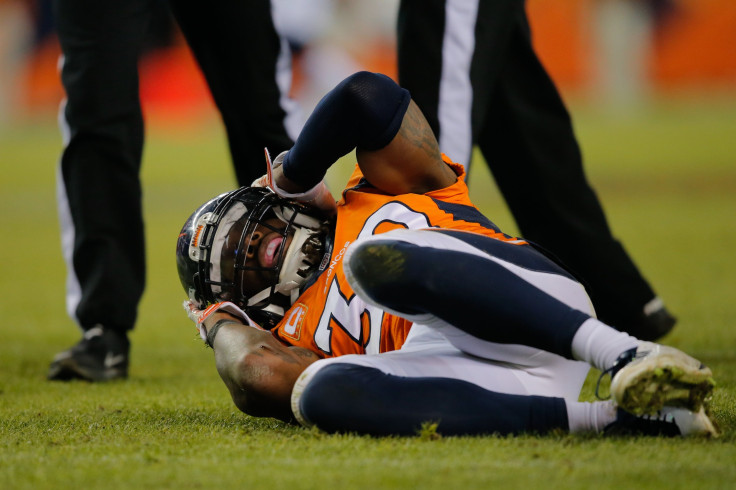Exposure To Blue Light At This Time Of The Day Can Help Heal The Brain
KEY POINTS
- >42 million individuals worldwide suffer from a mild traumatic brain injury every year
- mTBI is a vital risk factor for several neurodegenerative disorders
- Per a new study, early morning exposure to blue light can help heal the brain
Every year, about 42 million individuals worldwide suffer from a mild traumatic brain injury (mTBI) or concussion. mTBI is an important risk factor for neurodegenerative diseases including Alzheimer’s and Parkinson’s disease. New research suggested that early morning exposure to blue light can help heal the brain post mTBI.
"We found that blue-light therapy improved patients' daytime sleepiness. So those who got the blue light were less sleepy 6 weeks later than they had been at baseline. It was the changes in brain structure uncovered by the investigation that made the study unique” Medscape Medical News quoted the study’s lead investigator William D. 'Scott' Killgore, Ph.D.
Previous research reported that, when blue light is used in individuals with mTBI, it makes them feel less fatigued throughout the day but failed to demonstrate the physical changes reported by this study.
This research pointed out that blue light is changing the actual brain structure by increasing volume in certain areas of the brain and by increasing myelination of certain important pathways pertaining to visual attention.
Sleep might play a vital role in brain repair and recovery after this condition and about 50% of all patients suffering from such an injury experience chronic sleep disruption and associated cognitive decline. A normal rhythm of melatonin secretion is also disrupted in the case of mTBI.
The researchers hypothesized that they might be able to facilitate recovery from mTBI injury by optimizing the sleep quality via targeted blue light exposure.
About 15% of people suffering from mTBI have symptoms lasting for a year or more and are often missed at the time of initial injury. mTBI occurs as a result of a forceful motion of the head that leads to a brief change in mental status or loss of consciousness for about 30 minutes. The symptoms of mTBI include headache, confusion, nausea, vomiting, lack of coordination, memory loss, dizziness, sleepiness, excessive fatigue and ringing in the ears.
Although there isn’t any specific cure for concussion, rest and restricting activities might help the brain recover soon. Even though the condition is labeled ‘mild’, the effect on the injured person and his/her family can sometimes be devastating. mTBI is otherwise called minor brain injury, minor head injury or concussion.

© Copyright IBTimes 2024. All rights reserved.






















